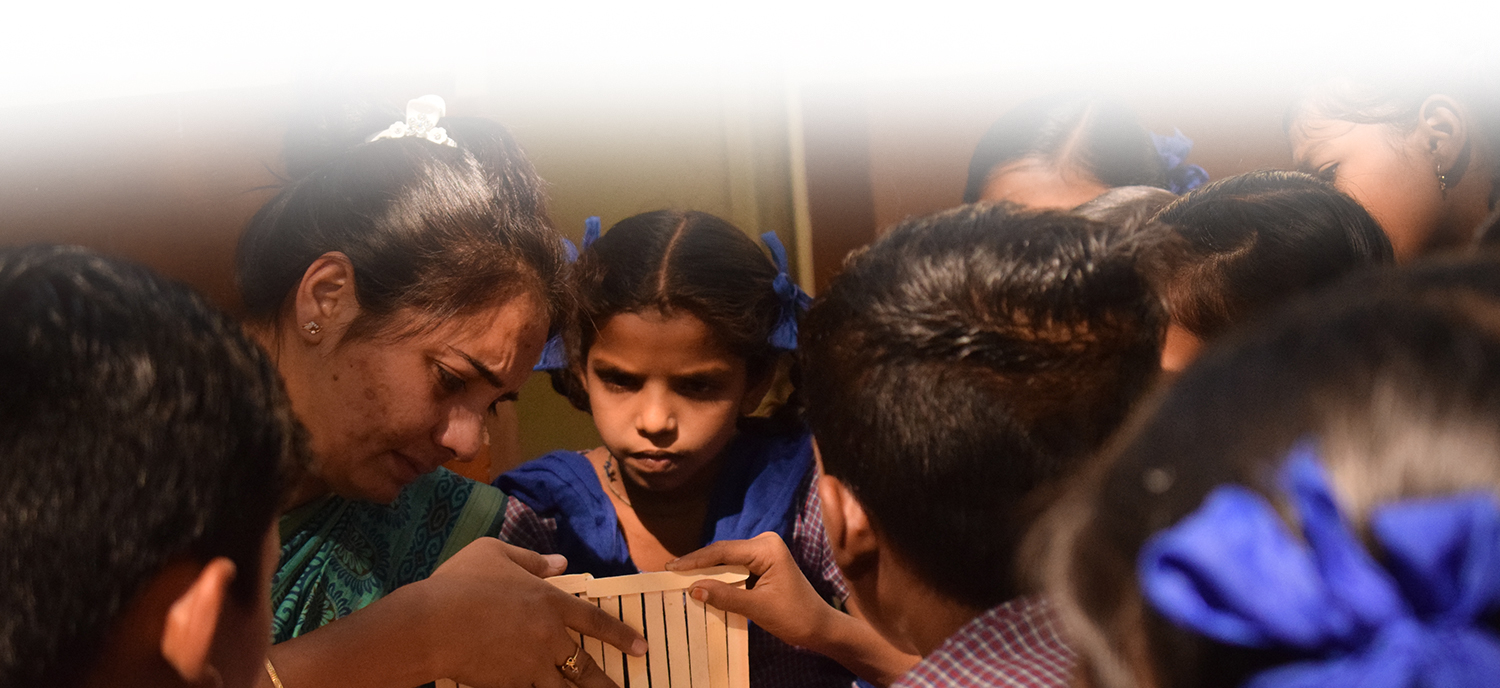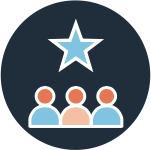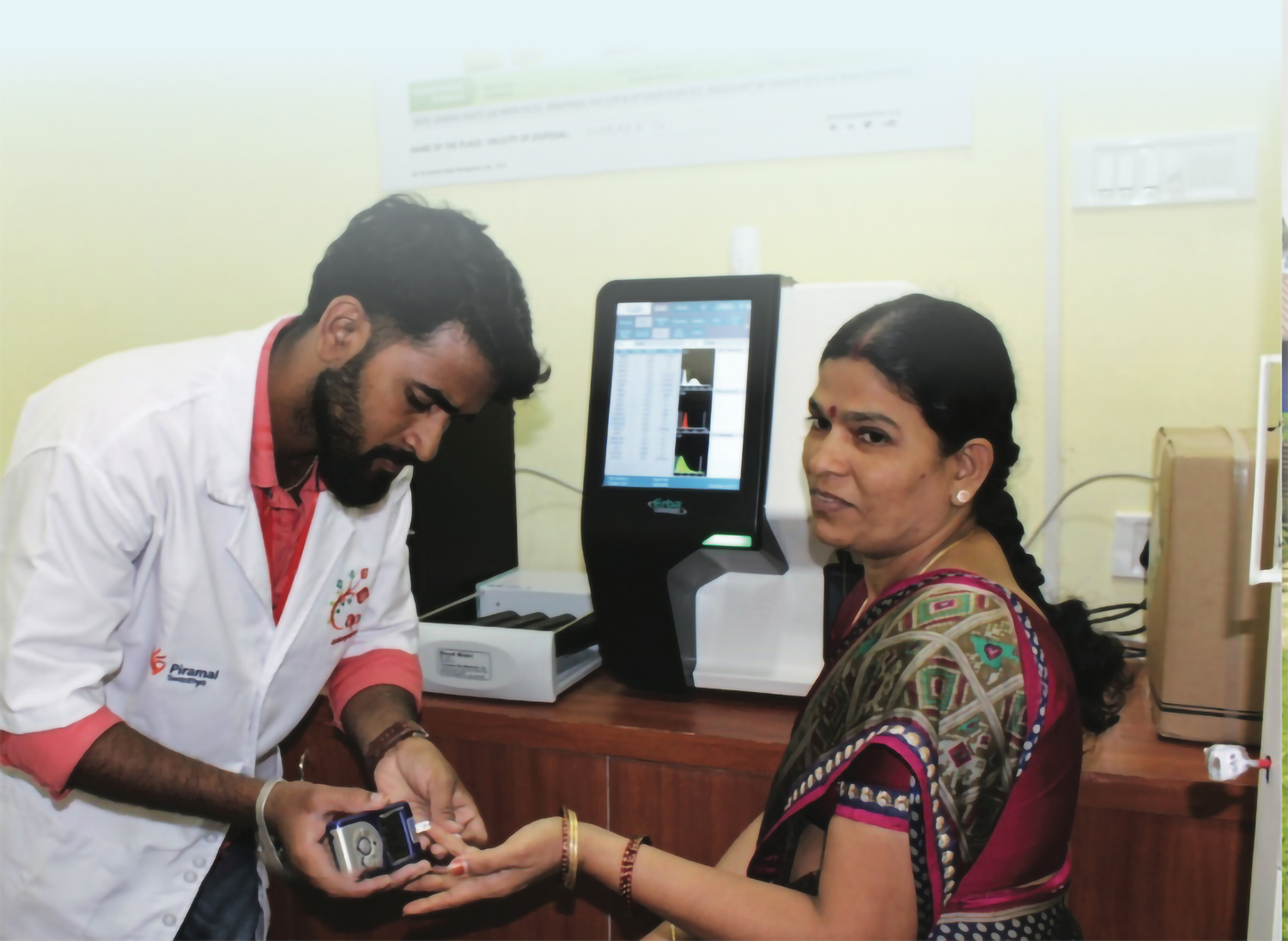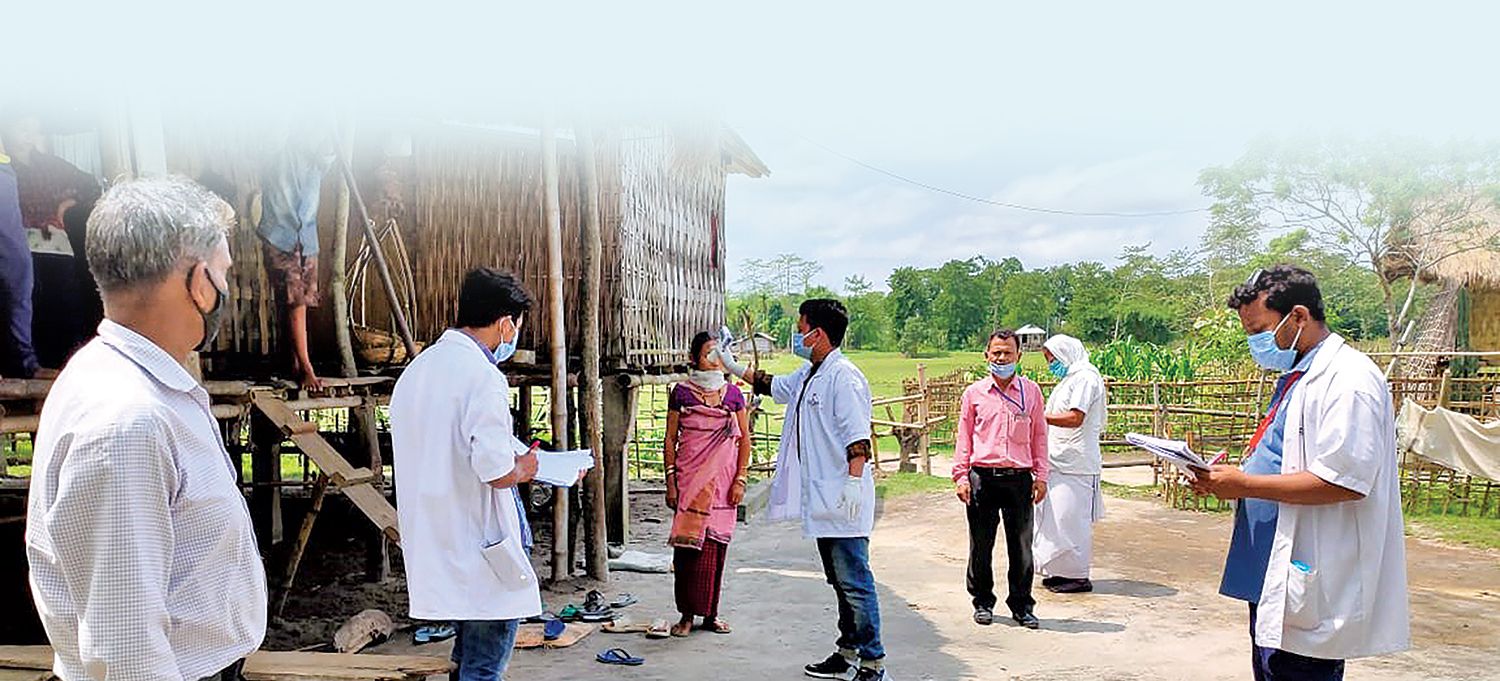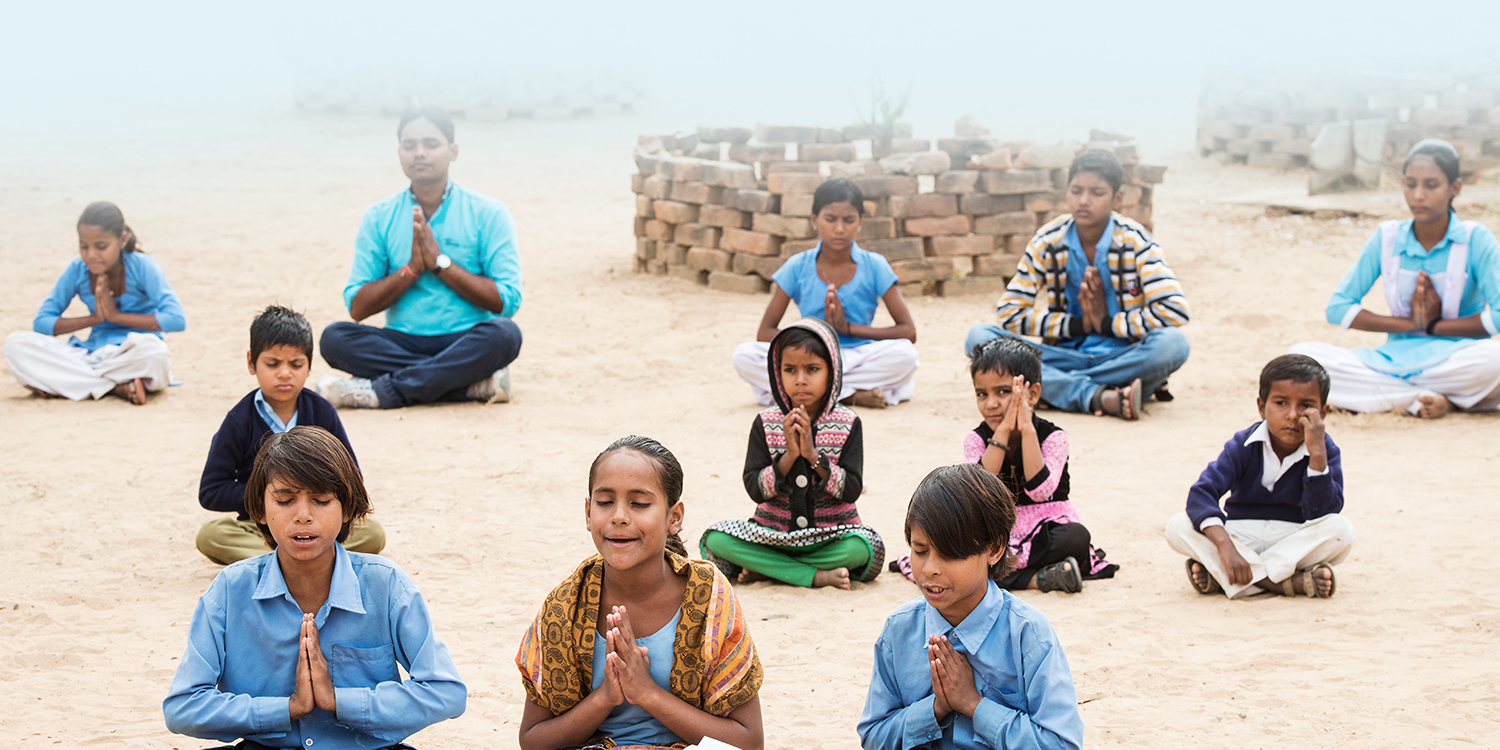SUSTAINABLE GROWTH INITIATIVES
SOCIAL
The Piramal Group's core principles of Knowledge, Action, Care, and Impact lead the company in fulfilling its social duties. Piramal Foundation is committed to making a positive difference in the world by improving the health, education, water, and social sector ecosystems through high-impact solutions and collaborations. Its CSR entities, Piramal Swasthya Management and Research Institute, Piramal Foundation for Education Leadership and 'Kaivalya Education Foundation (KEF)', conduct campaigns and programs as solutions to problems that are barriers to India reaching her potential. It believes that human resources are critical to the Company’s ability to drive growth, efficiency, and productivity. The Company’s strength lies in diversity across teams and businesses, and it brings together fresh ideas, perspectives, and experiences.

Highlights, FY 2022
Human Capital
17.5 %
of the workforce represented by women
40 %
Corporates roles filled by women
37 %
of the “High potential” talent are women
100 %
Compliance with PoSH guidelines
CSR Initiatives
27 Lakhs
People impacted by COVID-19 awareness and vaccination campaigns
11.3 Cr.
Lives touched over the years
112
Aspirational districts across India
` 68.86 Cr.
Amount spent on CSR initiatives in FY 2022
Occupational Health, Safety and Wellbeing
PEL places a high value on minimising health hazards and providing a safe working environment. It strives for excellence in enhancing its employees' occupational health, guided by PEL’s values and the Group's principle of 'Doing Well and Doing Good'. At PEL, employees and contractors are subjected to a rigorous health evaluation programme that includes pre-employment and periodic health assessments. The medical examination results enable all employees to receive regular intervention and proactive lifestyle change management. The Company’s 18 global EHS standards, 54 guidelines, and the EHS policy implemented across all business segments help it identify and mitigate potential hazards and provide a secure working environment for our employees, partners, and visitors.
The Company has adopted Industrial Hygiene and Occupational Health initiatives across its manufacturing sites. This program incorporates Task-Based Exposure Assessment (TBEA), a qualitative risk measurement strategy for assessing the risk of exposure to substances such as APIs, chemicals, and solvents. High-risk items and chemicals were prioritised for personal exposure monitoring based on the TBEA.
The Company encourages its employees and contractors to take safety precautions, report unsafe acts, unsafe conditions and near-miss events, besides other incidents and track corrective and preventive actions. Employees also receive a periodic refresher EHS trainings on a variety of topics with defined training programs and timetables.
All of PEL’s manufacturing sites, globally are in the process of implementing globally harmonised EHS management systems. The implementation is in line with the plan. The Company also implemented a robust EHS audit mechanism to continually improve EHS parameters at sites. An EHS digital platform, "Mysafe" was launched in 2021 to digitize and improve EHS reporting and communication across locations globally. The results and corrective & preventive actions as per EHS audits, incident reporting, CAPA management, and employee health assessments are monitored through the portal. The learnings are shared across the company through this open platform.
The Company stands firm in its belief that most injuries and illnesses are preventable. It is committed to protecting its employees from work-related hazards and promoting their wellbeing.
Response against COVID-19
With the onset of the second and third waves of COVID-19 in FY 2022, the Company implemented a holistic strategy to secure the safety of all employees while maintaining business continuity.
Managed workforce disruption and considerations:
Ensured the continuity of critical processing activities with the right skills, technical capabilities, and capacities within the existing team to address patient needs. The Company also developed and implemented COVID-19 management guidelines.
Workplace scenario planning and analysis:
The Company evaluated workplace needs and introduced restructuring, shift staggering, barrier shields, separate canteen areas, and employee awareness campaigns on advisories related to safety behaviors during festivals. The Company conducted employee training programmes to educate them on COVID-19 appropriate behaviour, introduced social-distancing measures, mandatory use of masks, thermal screening, oxygen-saturation monitoring, and sanitisation of the premises. Moreover, PEL actively encouraged employees to work from home, leading to a limited workforce on- sites.
Reporting and regulation:
PEL’s digital platforms, C-safe and C-secure, enable regular health monitoring of all employees (including contract workers).
Vaccination drives:
PEL provided support and assistance at various stages to employees and their family members to get vaccinated.
Virtual Support:
A team of in-house physicians offered online counseling sessions to assist employees during the pandemic. Furthermore, COVID-19 preparedness kits with advisories and Personal Protective Equipment (PPE) were delivered to all personnel.
COVID-19 Management:
The Company’s internal team and senior executives created a governance structure in which all COVID-19 instances across the Company are evaluated regularly, and preventative actions are discussed with site leaders to ensure suitable assistance is provided.
Human Capital Management
The Company is committed to the development and well-being of its qualified professionals. Its code of conduct and supporting policies have been formulated with the best interests of its employees. PEL wants to develop a passionate, vibrant organisation with motivated people who contribute to the utmost extent of their abilities. The advent of the second wave of the COVID-19 pandemic in 2021 kept PEL on the go with the remote way of working. The Company’s digital solutions, introduced in the year 2020, aided it in smooth content distribution virtually.
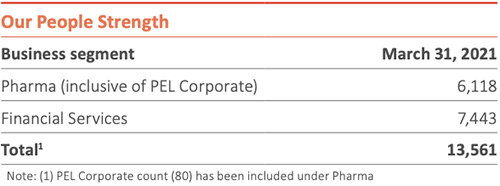
The company hired and onboarded over 9,300 employees and the headcount stood at 13,561 as of 31st March 2022.
Based on 14 Lakh job suggestions sourced from global and regional polls, the Company achieved Rank 32 of 2,000 of the world's largest public organisations. It was the highest ranked global pharmaceutical company and second highest ranked Indian organisation. Its Consumer Products Division was certified in June 2021 by the Great Place To Work Institute for building a high-trust and high-performance culture. This recognition was an achievement against all odds, considering the challenges posed by the pandemic. In FY 2022, PEL was also honoured with two awards from the CII National Office Innovation Competition for its efforts in the areas of onboarding and payroll management.
Last year, PEL welcomed people from DHFL and Hemmo to the PEL family. The Company created specialised taskforces comprising of multiple cross-functional teams that came together to seamlessly onboard the new members to its culture.
Safety
PEL has a Zero Tolerance policy towards any kind of discrimination, including sexual and racial. Any form of unlawful harassment, threats, acts of violence or physical coercion, abuse of authority or other discriminatory conduct is strictly forbidden. PEL is 100% compliant with Prevention of Sexual Harassment (PoSH) guidelines with 11 Internal Committee (IC) panels institutionalised to promptly address any incidence.
Diversity and Inclusion
PEL's philosophy of inclusivity is ingrained in its core value. Its code of ethics places a strong emphasis on ensuring a high level of diversity and inclusion when hiring new talent at all levels. The Company has successfully maintained a gender-balanced working community within the organisation to date, and it intends to do so in the future. About 17.5% of the workforce is represented by women, while 37% of the ‘High Potential’ talent are women.
Key inclusivity initiatives in FY 2022
Inspiration at work
Women employees in India now have access to an exclusive networking site where they can involve, interact, learn, and evolve together. PEL conducted eight interactive sessions on diverse themes of inclusive leadership, gender understanding, financial planning, being bold, mindfulness, resilience and social conditioning which were attended by 600+ employees.
Second innings
The initiative aims to reintroduce experienced female workers to the organisation who have previously taken a sabbatical from their professions.
Flexi work policies
The Company’s flexi work policies empower employees to maintain a balance between their personal and professional responsibilities.
Karuna Fellows
The PCHFL team partnered with Piramal Foundation to hire 13 women from the Karuna Fellowship in PCHFL for the first time this year.
Childcare Support
Employees with children under the age of six are eligible for the Company’s childcare assistance service. PEL has an in-house crèche as well as crèches set up in collaboration with other childcare providers.
Parental Support
The Company helps its staff by instituting a gender-neutral leave policy for primary caregivers, as well as a 'Parental Support Scheme’ applicable to all the employees.
Learning and development
Culture of self-driven learning
Piramal Learning University Virtual Campus (PLU VC) is a mobile-first integrated learning system that promotes self-directed learning. Access to courses, videos, audiobooks, and e-books, tracking of all learning activities, and user-friendly dashboards for managing and optimising learning.
In FY 2022, it experienced an adoption of 94% with an average of 35.3% monthly active learners leveraging the platform every month to access over 1.69 hours (average per user) of e-learning.
Intranet resources
There are multiple e-learning courses available at PEL’s intranet service for its employees to enhance their functional competency.
Re-emphasising Piramal values and Piramal success factors
‘Think Big’, ‘Commit and Deliver Results’, ‘Collaborate’, ‘Serve Customers’, ‘Display Humility’, and ‘Empower and Develop’ are the pillars of Piramal Success Factors. A year-long campaign called the 'Beacon of Learning' series was conceptualised to re-emphasise the behaviours linked with the Piramal Values and Piramal Success Factors.
Piramal Leadership Series
A series of in-house designed behavioural programs to develop work behaviours amongst employees in junior management and mid-management cadre. The programme includes structured training modules tailored to the needs of each band, self-learning content, assignments, regular check-ins with managers, and knowledge tests among others.
In FY 2022, 396 learners were involved, among whom 58% were certified through 30 batches conducted by 13 internal facilitators, resulting in 74% of learners showing 16 – 30% improvement in their current role.
Induction Programmes
The Company has a set of induction programs tailored to provide new hires with a uniform experience of the organisation and its culture.
Discover Piramal
A bi-annual orientation program designed for mid-management and senior management hires was replicated in the virtual format in FY 2022. The Virtual program spanning across 3 days was delivered by 11 senior leaders representing 8 businesses. A total number of 310 new hires from across geographies and businesses participated in the program.
Functional Inductions
Learning interventions were curated for orienting employees of DHFL and Hemmo to the new roles as part of the merger integration and successfully integrate into their new workplace.
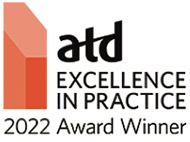
Functional Academies
PEL has established seven functional academies across HR, IT, Finance, Quality, Supply Chain, R&D, and Quality departments. Each academy consists of learning workshops, e-modules, assignments, practice sessions, and an assessment leading to the certification of learners. They are designed and curated in-house by functional SMEs, supported by external experts wherever required.
In FY 2022, the Company covered a total of 334 learners as part of these Academies of whom 60% were certified. 81% of participants were able to apply the learnings within 6 weeks and 100% of participants have seen > 15% improvement in their skills (for the HR Academy). This is corroborated by the fact that the HR Academy is the recipient of the Association of Training & Development (ATD)’s Excellence in Practice Awards 2022.
Piramal Learning Festival
With the key objective to celebrate a culture of Learning at PEL, Piramal Learning Festival was a virtual learning event held in July 2021, spanning over 3 days. The program included Leader sessions, Learning contests, Social Media campaigns, and masterclasses by external experts. The event was concluded with a recognition program to felicitate 87 of PEL’s top learners, sponsors and festival contest winners. A total of ~800 people attended the festival.
Global Leader Connect
A forum that brings leaders & learners together across the Piramal Group to build perspectives for the future on key topics of relevance. On an average, ~300 employees across geographies participated in the nine Global Leader Connects organised this year.
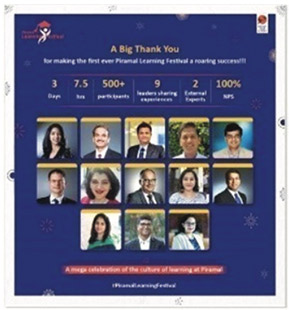
Employee Value Proposition (EVP)
As part of Piramal Group’s commitment to the advancement and development of its workers, 'Design your Destiny' programme was launched. The logo captures each element of its three pillars: inclusive growth and empowerment of its employees, freedom for employees to take initiative and voice opinions, and the goodwill of not only its customers and partners but also the community it works in.
EVP Cascades
PEL held interactive virtual quizzes and awarded digital badges to team members who shared their personal growth narratives and journeys.
Hogan Assessment
PEL endeavours towards building deeper insights into its selection process. It has introduced Hogan assessments across Pharma Solutions and Critical Care for all Band 3 and candidates that set the global standard for predicting job performance. This offers feedback for the candidate as they ease into our organisation.
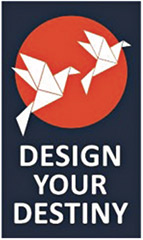
Career Opportunity Program (COP)
This enables employees to apply for their next career move. Through the COP, the Company was able to close over 200 open positions that were filled by internal movement.
Attracting Talent
Quality of Hire (QoH) matrix
Quality of Hire (QoH) matrix, implemented in October 2020, is a metric representing the value new employees bring to an organisation that aggregates job fit and assessment parameters to highlight a score for the talent we onboard. The ultimate aim is to analyse data across hiring parameters and create a predictive model for recruitment and selection.
Campus recruitment
As part of its efforts to help young professionals towards their career progression, PEL recruits and trains home-grown talent from prestigious institutes across the country.
The Company employs a three-pronged strategy for campus hiring and engagement: hiring right, periodic open dialogue sessions, and its flagship campus engagement program, Tangram, which provides a forum for students to brainstorm and contribute answers to pressing challenges.
Employee Engagement and Wellbeing
Employee engagement:
PEL launched a series of exciting campaigns to keep employees and their families engaged beyond the sphere of work. Carnival at Piramal, Fun with Family, Furr Buddies, and celebration of International Women’s Day are examples of such initiatives.
Employee safety and wellbeing:
Multiple preventive measures were taken to ensure employee health and safety at PEL’s manufacturing sites and offices since the pandemic hit. Each of its offices and manufacturing sites abided by the guidelines shared by the State and Central Government. The Company continued to highlight the ‘5 Pronged Approach’ to ensure all employees followed the recommended steps for their health and safety in the new normal.
COVID-19 communication campaign:
PEL continued with the COVID-19 communication series to create and spread awareness on safety measures, such as health advisories, vaccinations, wellness, etc.

Leadership Communication:
Continuous communication by leaders at every level played a key role in ensuring a seamless transition and integration of employees in the combined entity.
Townhall:
Townhalls were conducted to share business updates and answer employee queries. They were instrumental in infusing PEL’s values among new members from acquired organisations.
Project Prism:
PEL commenced “Project Prism” to help assess the current state of values, culture, and engagement across pharma business and articulate the cultural priorities that would define the future culture.
Engagement Journey
As part of the employee engagement initiative, the company requests feedback from employees. Over 4,000 employees shared their feedback on the survey. The overall engagement score was at 67%, which is higher than the benchmark of similar companies. Awareness of PEL’s Purpose, Values, Piramal Success Factors, Strategy & Customer Focus emerged as strength areas.
Nurturing home-grown leaders
PEL organises a series of high-potential development programmes to nurture and promote home-grown talent to higher success.
High Potential Programmes
IGNITE: This annual program provides opportunity to ~ 25-30 high- potential young leaders from junior management to embark on a 15-month long development path that focuses on functional and leadership learning, skill-based live projects, and a Harvard Business Publishing certification course. The IGNITE development journey for the current cohort of 26 employees was started in February 2022.
ASCEND: This platform recognises and fosters high-potential leaders in middle management. They go through an 18-month development programme that includes learning laboratories, personalised coaching, learning applications through strategic company improvement initiatives, and access to Harvard mentorship resources. The current cohort of 28 ASCENDERs is at the mid-point of their development journey and will graduate in November 2022.
Capability Building for Leaders
PEL works on strengthening the competencies of its senior leadership team through a variety of leadership development programmes centred on coaching culture development, dealing with ambiguity, and avoiding unconscious bias in everyday decision-making processes. Over 30 senior leaders from the global Pharma business participated in PEL’s leadership development program in FY 2022.
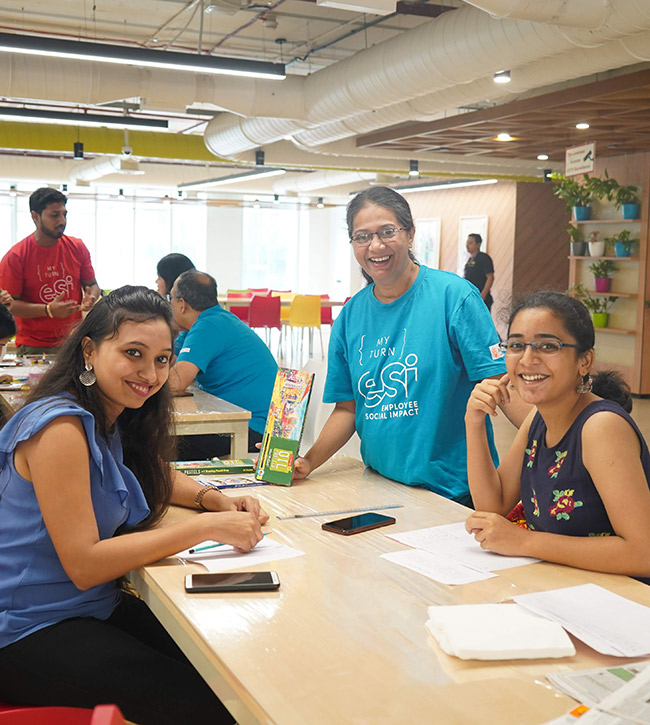
Leadership Capability Building Interventions
Talent Review and Succession Planning
Our talent review and succession planning model launched in FY 2020, helped us to achieve the following milestone in FY 2022.
- Documentation and discussion on career aspirations for about 400 employees across the mid-senior level and identification of potential
- Identification of succession pipeline for ~27 Executive Committee members
- Discussion on Individual Development Plans and tracking of progress on the same for all eligible employees
In FY 2022, we had:
- 25% employees mapped to the Top 3 boxes of the performance potential matrix
- 15% employees were tagged as successors for critical roles
Employee Benefits at Our Pharma Business
To encourage healthy working conditions, PEL provides a set of benefits to its employees at all levels. These benefits are available in terms of Group Medical Claim, Group Term Life Coverage, Group Personal Accident Coverage, and Mental Wellbeing Programmes.
Brand Promotion on Social Media
PEL embarked on a series of campaigns to expand our social media presence. It presented business-specific updates that also emphasised on subtlety of the Company’s culture and the tenacity of its workers.
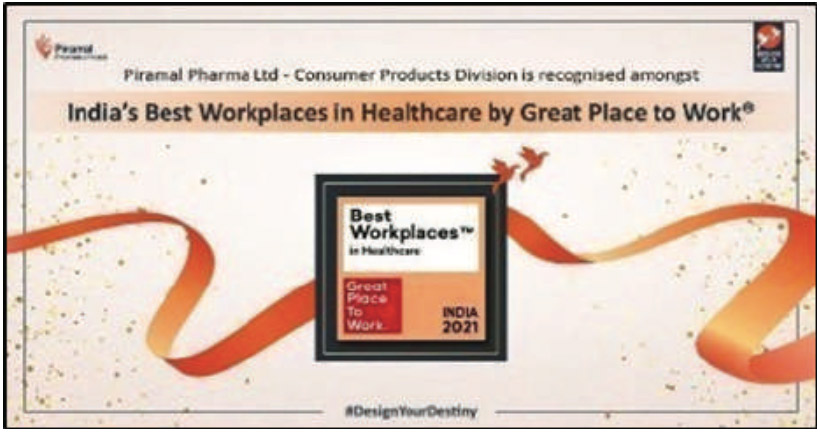
CSR Operating Model
The operating model of the CSR entities is built on the following principles:.
Innovation:
The CSR entities attempt to understand the complex and deep- rooted issues that come in the way of India’s development. It delves into the root cause of the challenge, and by leveraging its decade long experience, develops innovative methods and solutions.
Partnerships
The CSR entities actively collaborate with a range of partners -Central and State Governments, international and national organisations and academia to help improve the delivery of government services.
Impact
By focusing on the most marginalised groups within India, strengthening the ability of states to deploy impactful initiatives, and engaging youth in nation building efforts, the Foundation has touched the lives of 100+ Million Indians in the last 15 years.
Technology
TThe CSR entities leverage technology to solve the most critical problems faced by the government in service delivery. This increases efficiency, and makes reporting realistic, thereby helping achieve efficiency at scale.
CSR Initiatives for FY 2022
Piramal Foundation is committed to ushering in transformation at scale by solving the most intractable problems of India through innovation, collaboration and Sewa Bhaav. To this end, the Foundation has re-imagined itself in the form of 6 Big Bets designed to address the most underserved, and to ensure that no one is left behind. Aimed at strengthening systems through leadership development and digitisation, they engage youth in nation building efforts in order to build long lasting change for India.
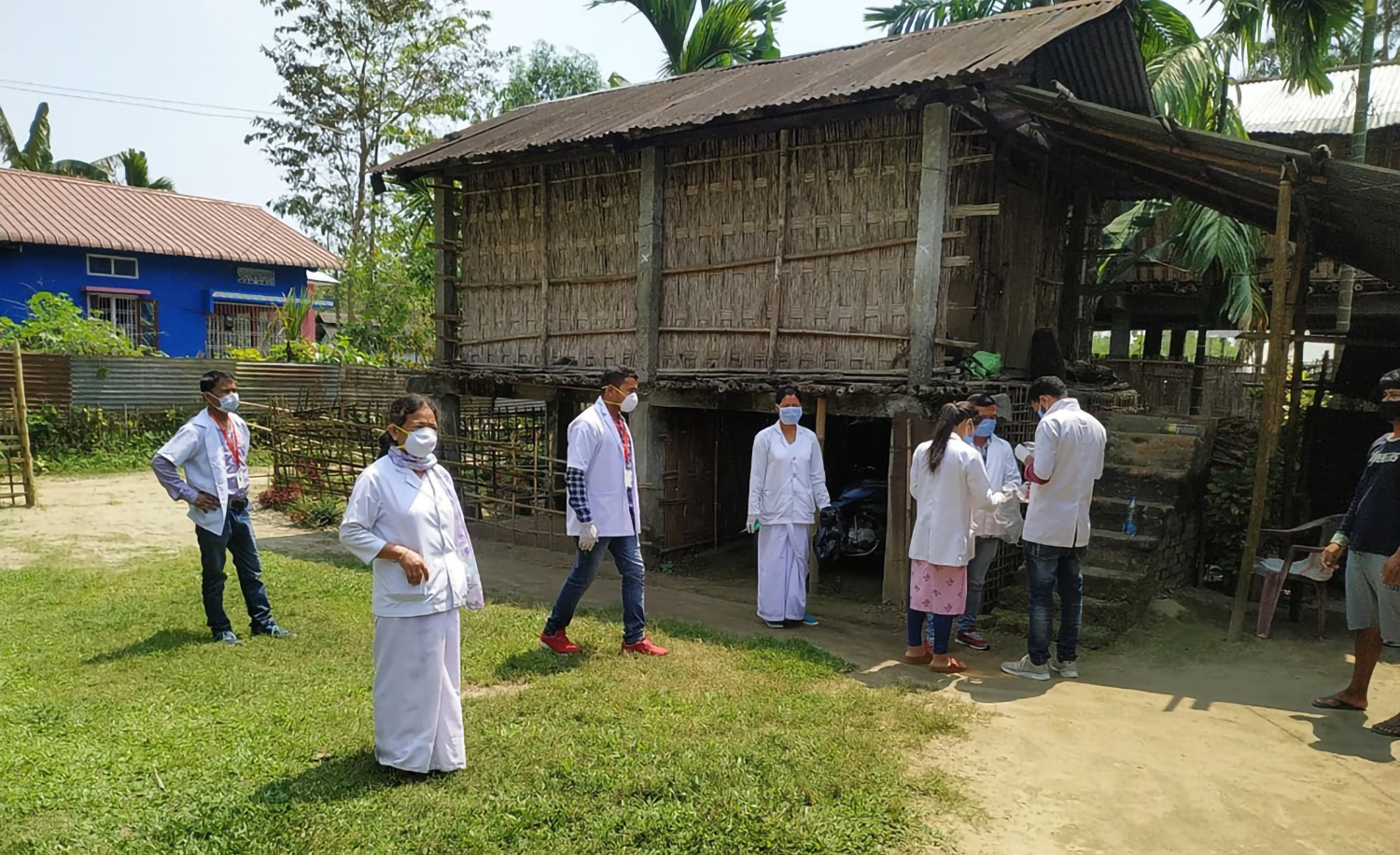
Key initiatives by Piramal Foundation:
- ANAMAYA: Tribal Health Collaborative (THC)
Anamaya was born from the dire need to bridge gaps in healthcare for tribal communities and bring their health coverage and indicators at par with the state average. The collaborative focusses on overcoming key health challenges faced by the 5-Crore tribal population across 100 tribal districts of India.
It aims to improve the following health indicators of tribal communities:
- Reproductive, Maternal, New-born, Child Health (RMNCH)
- Nutrition
- Communicable diseases, e.g., malaria, TB
- Non-Communicable diseases e.g. Diabetes, hypertension
Campaigns:
Three campaigns to reach 2 Crore tribal population are already underway:
- Aashwasan, a Tribal TB Initiative, in partnership with Ministry of Tribal Affairs, Ministry of Health and Family Welfare, Bill and Melinda Gates Foundation, & The United States Agency for International Development (USAID). It was launched in January 2022, to address vaccine hesitancy and TB active case finding in 177 tribal districts.
The campaign covered 100 districts, and oriented 23,066 Frontline Health Workers (FLWs) to assist in identifying active cases. The campaign has screened 15,97,781 people for COVID-19 and Active Case Finding (ACF) for TB. - Vardaan, a campaign aimed at reducing vaccine hesitancy in tribal districts. The campaign covered 51 blocks in six districts, deployed 33 vans, and reached out to 4,00,000+ tribals.
- Saksham is aimed at improving tribal maternal and child health, through good governance and accountability, program implementation & operation at scale.
It has finalised nine innovative models for implementation in four districts across three states.
Partnerships:
Anamaya, pegged on collaboration & partnerships, brings together Central and State Governments, philanthropists, national and international foundations, NGOs, and institutions in tribal health research. These diverse set of partnerships provide stewardship as well as technical and strategic insights and enable funding to bring scale & transformation on ground.
- Core Partners of the Collaborative are United States Agency for International Development (USAID) and Bills and Melinda Gates Foundation (BMGF)
- Collaborations with National Institute of Research in Tribal Health, John Hopkins Bloomberg School of Public Health, and University of Manitoba
- Setting up of the National Technical Support Unit (NTSU) for Tribal Tuberculosis (TB) within the Central TB Division, Ministry of Health and three Memorandums of Understanding (MoUs) with the Government:
- Ministry of Health and Family Welfare
- Ministry of Tribal Affairs
- Central Tuberculosis Division, Ministry of Health and Family Welfare
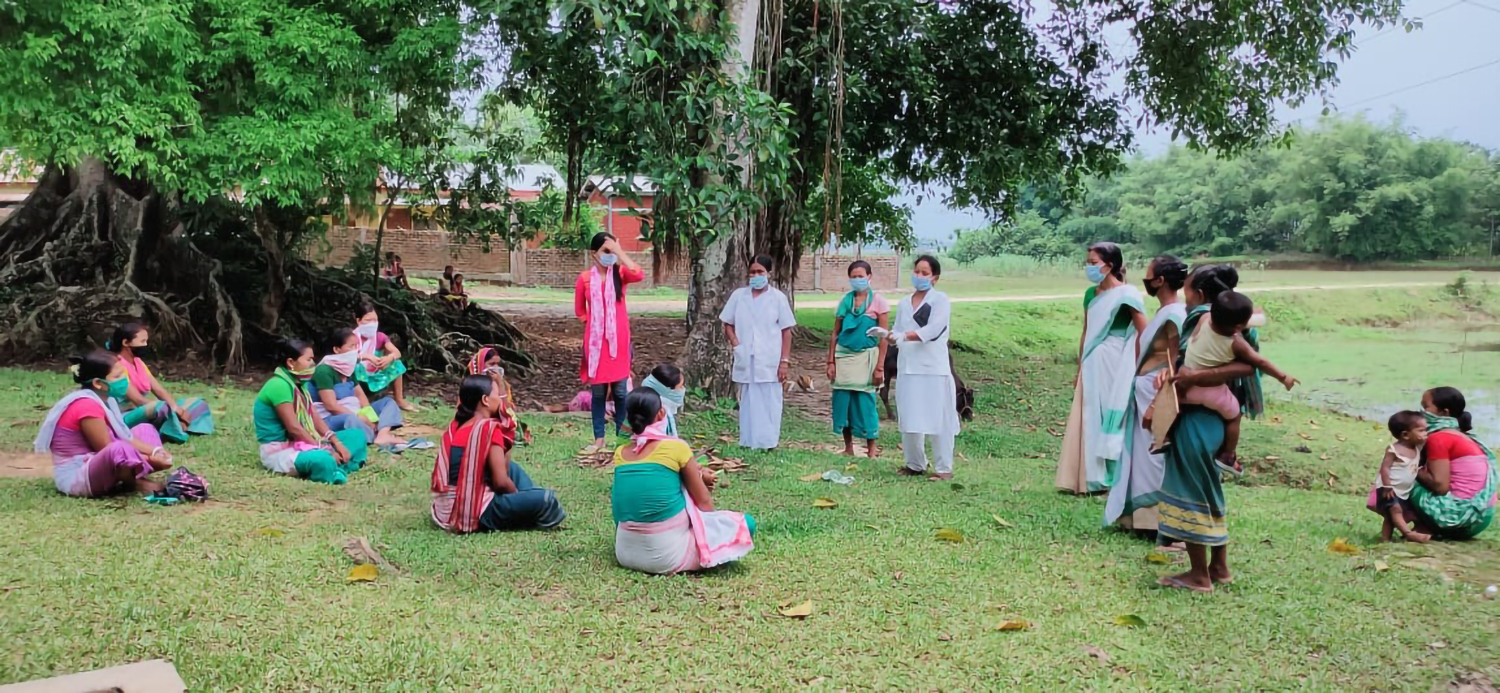
- Digital Bharat Collaborative (DBC)
There is a dire need for holistic digital transformation, to improve government to citizen services, with a robust systems integration approach. While the government has tried to adopt technology in its systems and processes, sub optimal use of technology in systems and processes hinder universal access, and timely, quality service delivery of government health services.
DBC aims to enable holistic digital transformation in five states, by developing and deploying integrated health solutions and improve indicators in the following areas:
- Empowerment of Frontline Health workers (FLW)
- Digitisation of health facilities
- Integration and governance: achieve transformation through an end-to-end approach
DBC uses a digital transformation approach that provides continuum of care through 2 pillars:
- Field deployment to empower frontline workers, leverage tele medicine services and utilise mobile medical units (MMU). It has empowered 376 FLWs, integrated 25,000 eSanjeevani with 104 helpline, and deployed 84 MMUs.
- Integrated solution, to strengthen facilities, enable IoT implementation, integrate technology and enable governance. Currently, it has strengthened 12 facilities, enabled 30 IoT sensors for asset tracking and utilisation, and integrated seven technologies.
The collaborative will transform the healthcare system through:
- Creation of a single port of call - Healthcare services available at 104 Health Helpline or eSanjeevani app
- Provision of continuum of care - Primary health provider of choice & seamless referrals through Electronic Health Record (EHR)
- Offer clinical excellence - Disease surveillance, outbreak prevention & clinical procedural adherence
- Enable Data driven decisions - Leveraging National Digital Health Mission (NDHM) and Urban Health Initiative (UHI) for targeted decision making
Partnerships
Aligned to the government’s Digital Bharat Mission, this collaborative brings together strong technical knowledge and funding partners to leverage technology and provide integrated solutions.
- Government: NACO and State Governments in 5 States
- Donors: BMGF, Rockefeller
- Tech and knowledge partners: CISCO, Genpact, Wipro
- Piramal Centre for Children with Special Needs (CwSN)
Piramal Centre for CwSN aims to create a premier special needs school in Bagar, Rajasthan for children under three key disabilities: visual impairment, hearing impairment, and locomotor disability.
The school provides a home away from home for children with special needs whose parents want to ensure that their child will be happier and safe beyond their care.
Partnership:
We have entered into collaborations with individual experts on People with disabilities (PwDs), curriculum development, and government for ensuring a robust & holistic learning for children with disabilities
- Samarthyam for universal design and accessibility audit of the existing structures
- Raised Lines Foundation for assistive technology for the visually impaired
- National Star for Expertise in Adaptive curriculum for specialised compensatory therapies and to build capacities in inclusion of multi-disabilities
